2SLGBTQ+ training
Training on Diversity, 2SLGBTIQ+, equity and human rights
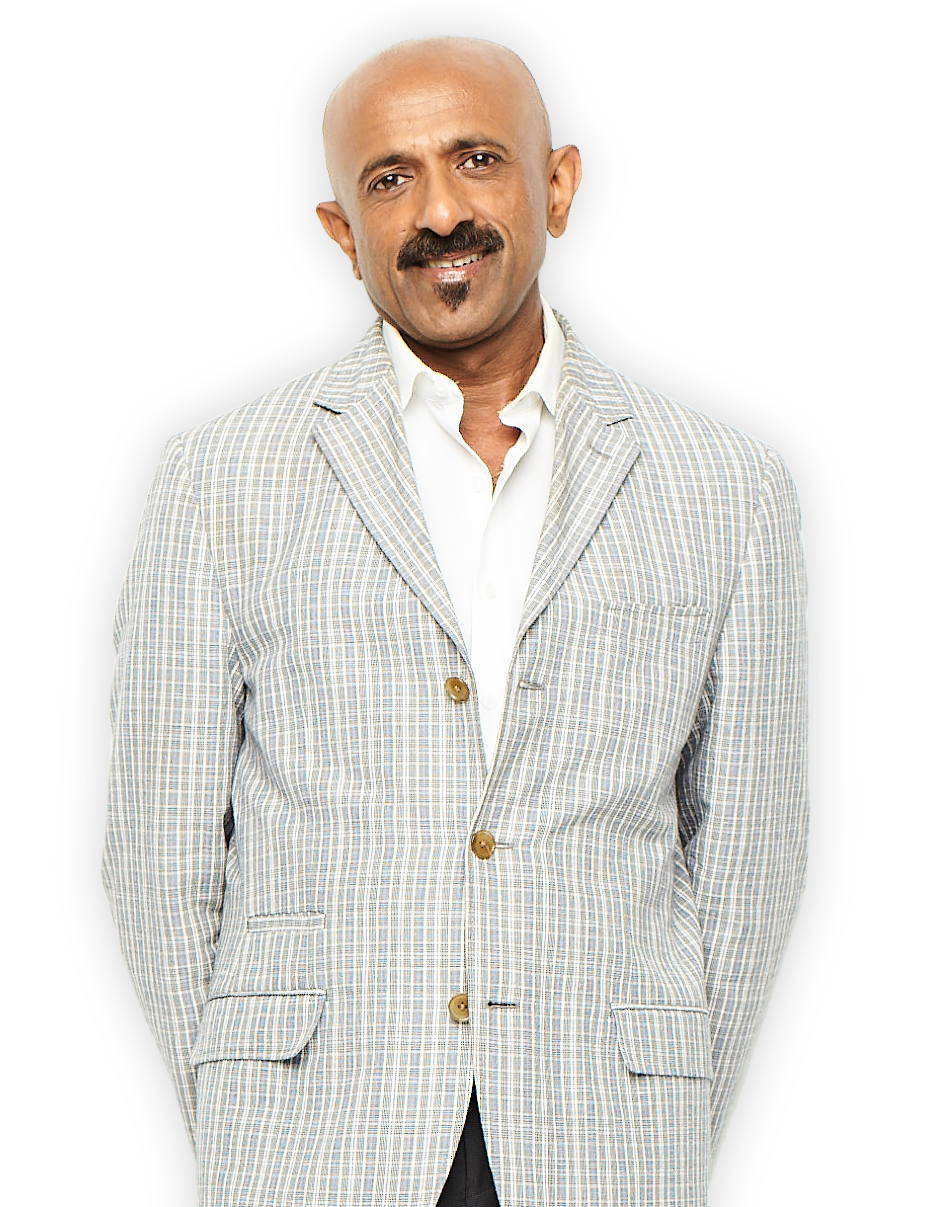
Global Health Integrative Science (GHIS) provides training and education on Anti-Oppression/Anti-Racism (AO/AR), and Two-Spirit, lesbian, gay, bisexual, transgender, intersex, queer (2SLGBTQ+) with an intersectional lens. GHIS training and education sessions are designed to assist organizations to provide equitable and comprehensive services to sexual and gender minorities. The training will bring awareness, understanding, build knowledge to impact practice change, clinical and cultural competencies when working with 2SLGBTQ+ volunteers, staff, clients and patients and the general public, friends, family and communities.
GHIS trainers have been delivering their expertise in various professional sectors for over 20 years. We bring an intersectional lens from our diverse pathways via professional and lived experiences from across the world to Canada, to bring you a unique global and Canadian perspective that builds foundation and solidifies the knowledge, skills, practice to assist you in your work, be it personal and /or professional to work with the diverse populations of Canada.
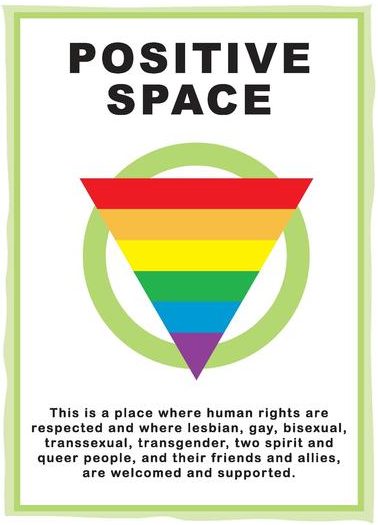
It is recommended for all to start with start with Beginners: An Overview of 2SLGBTIQ+ Communities. This session will ensure all are on the same page to build next steps.
GHIS offers a range of resources, toolkits, blended education to assist healthcare and social service organizations, educational institutions, corporate organization and groups to sustain the learning to develop cultural competency with regards to diverse 2SLGBTQ+ communities.
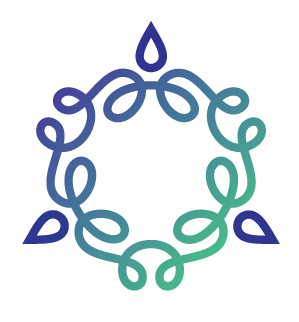
HIV, Testing and Treatment- The Basics Level 1
HIV-infections have been reported since the early mid-80s. In over the 35 years, we have learned much about HIV testing, risk factors, treatment options, how to manage and live with HIV-infection.
learn more
This session is for participants to get an understanding of HIV, a retrovirus. This interactive session explore the history of HIV from early 80’s to current treatment options and stigma of HIV-infection. We will look at the impact and devastation of AIDS, HIV activism, AIDS Memorial Quilt, to current global statistics and Canadian statistics of HIV-infections in various demographics. Participants will gain an understanding of how HIV infects an immune cell, at risk populations, facts and myths, risk factors for HIV infections, anonymous testing and Rapid test or point of care testing in Canada. Explore psycho-social issues of getting a HIV test and pre and post- counselling. Furthermore we will explore ‘window period’, various support systems available for testing and what to do if test is HIV-positive. Understand the science how anti-HIV medication work to suppress HIV replication, U=U, PEP (post exposure prophylaxis) and PrEP (pre-exposure prophylaxis). The session is a blended learning with videos, quizzes, case scenarios and didactic with latest research on HIV.
Objectives:
- Learn about the social issues of HIV and the facts of infection
- Types of HIV test and knowing your status,
- HIV status and support for affected and infected persons and families
- How ARV works and the current science
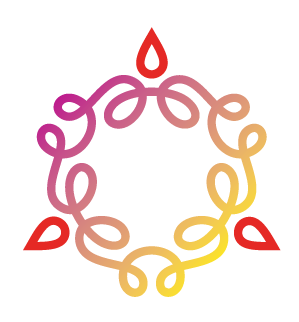
Adherence to ARV and living well-Level 2
What are the various types of antiretroviral (ARV) treatment, what is viral load, and how to support and build the immune systems and functions? In this session we will explore various methods to adhere to ARV and how to manage the side effects of ARV for optimal health.
learn more
There is good data and resources on how HIV-positive persons have maintained their adherence to treatment, created goals and achieved their dreams in-spite of the challenges and social barriers. Using an Appreciative Inquiry model the session focuses on mental, emotional and physical, sexual and spiritual health of living with HIV.
When on ARV, HIV-positive persons will receive blood test to monitor their immune functions for health. It is useful to known how to read and interpret the blood test results and to discuss further with your physician. Additionally, we will explore current evidence on various health practices, exercises, diet and nutrition to maintain quality of life and utilize mind-body modalities to integrate for personal well-being. Participants will create personal goals and a toolkit for self-care.
Objectives:
- Adherence to ARV and the impact on immune functions
- Steps to integrate diet, nutrition, exercise and mind-body practices
- Create personal goals for self-care for affected and infected persons
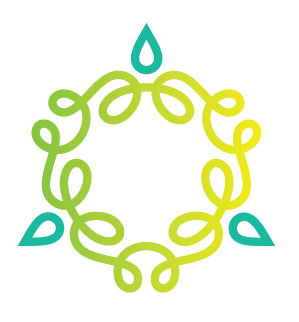
Anti-oppression Practices
Anti-Oppression Practices (AOP) and or Anti-Racism Anti-Oppressions (ARAO) is an important foundational training in cultural competency for inclusion, diversity and intersectionality.
learn more
To build and provide inclusive, welcoming, affirming and safer spaces when providing services to diverse clients, patients and service users it is important to understand social and historical context of various systems of oppression and discrimination.
This session will unpack colonialism, hegemony, white privilege, white fragility, and racism, structural and institutional racism; internalize racism, colourism, pigmentocracy, shadeism, microaggressions and impact on individual. In Canada and across the world, the impact of 500 years of colonialism has created various levels of power dynamics, privilege and oppression for a large proportion of the population. The session provides an opportunity to reflect and work on our implicit bias, values, learned preferences, beliefs and to take ownership of our lived experiences. Through group exercises, videos, art and storytelling we examine the various layers of systems of oppression and how to unpack the layers to provide inclusive, welcoming, affirming practices and safer spaces for all.
Objectives:
- Participants learn of social context and the history of systems of oppression
- Learn to be aware and consciousness of micro-aggressions, language and practices
- Learn skills how to be an ally and integrate AOP in work and daily life

PROVIDING TRAUMA-INFORMED PRACTICE
Trauma Informed Practice (TIP) training creates awareness. It provides social service and healthcare providers with skills to integrate trauma-informed practice and care that is inclusive, welcoming, and patient/client-centered.
learn more
Trauma is an emotional wound resulting from a shocking event or multiple and repeated life-threatening and highly frightening experiences that may cause lasting adverse effects on a person, disrupting the path of healthy physical, emotional, spiritual, and intellectual development. Trauma was once considered abnormal, and only a small or select group of people have experienced trauma. But research has established how widespread trauma is in the lives of the general population and that we might be all impacted by different types of traumas. The symptoms of trauma can be visible and non-visible. Trauma symptoms can be physical, emotional, cognitive, or behavioral.
We will go over an overview of trauma and different types of trauma and explore Adverse Childhood Experiences on intersections of identity. We will learn about the neurobiology of trauma, regions of the brain and nervous system impacted by trauma, and post-traumatic growth. Additionally, integrating TIP via an Anti-Oppression/Anti-Racism lens and Equity, Diversity, and Inclusion is crucial. We explore the difference between TIP and trauma therapy. The session concludes with an overview of various cultural healing practices and a self-care session. The training is blended learning utilizing multimedia/ videos, group discussions, and case scenarios/problem-based learning.
The objectives of this training are:
– Explain and identify the various types of traumas
– Demonstrate knowledge and skills in serving patients/clients via TIP
– Develop competencies in cultural safety, cultural humility and clinical care
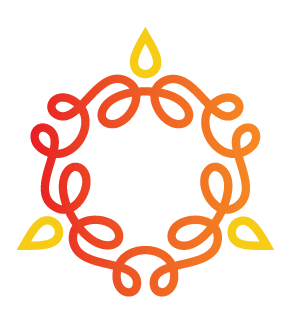
Spirituality, Sexuality and Gender and Religion:
Finding Wholeness in Our lives as 2SLGBTQ+ People
The training will explore various experiential exercises to find your inner voice, emotionally develop resilience within, and mentally deconstruct normative and harmful ideology that has oppressed 2SLGBTQ+.
learn more
The training will explore various experiential exercises to find your inner voice, emotionally develop resilience within, and mentally deconstruct normative and harmful ideology that has oppressed 2SLGBTQ+. We will look at non-Eurocentric teaching and truth that provides context for the unique presence of 2SLGBTQ+ in the world across various sectors, communities, societies and the gifts 2SLGBTQ+ bring to this global perspective. Furthermore teaching from the Chhandoya Upanishad is one of the oldest text written before 8th century BC, discuss the evolution of the soul, the breath of life and 2SLGBTQ+ relationship with the Creator. Sexual and gender minorities have and had a unique role of representing the cosmic and acosmic aspect of Reality, the states of evolution and the phenomena of experience.
Claiming your birth right as 2SLGBTQ+ will build bridges to find back the way of balance with our own past, that has left many 2SLGBTQ+ people mentally, emotionally and sexually scarred. Understanding and knowing our true power as 2SLGBTQ+ people will give sexual and gender minority the imprint of knowledge outside space and time and harness our direct relationship with the Being /Creator/Higher-Self/Goddess(s)/ God(s)/Source/Universal Power and to walk with the Universal Power as One!
Objectives:
-
Unlearning the blueprint of Eurocentric dogma
-
Explore your spiritual, sexual, physical, mental and emotional inner core beliefs
-
Reclaim your authentic self
-
Walking and standing proud in your mind-body-spirit

Beginners: An Overview of 2SLGBTIQ+ Communities
The beginner’s sessions will provide a sound foundation to assist participants understand the nuances of sexual orientations, gender identities and expressions, be open to make mistakes and have a process to address mistakes, become mindful to discussions on 2SLGBTQ+ and feel empowered to be champions and allies of diversity, human rights and build equity.
learn more
In additions the facilitator(s) will explore an overview of trans related care; understanding transition, hormones for trans persons, transition related surgeries (TRS), use of inclusive pronouns and language, ID cards and OHIP card, inclusive gender washrooms. Participants will for learn of culturally and/or clinical competent practices and integrate cultural safety and humility in building equity, sensitivity and respect when working with sexual and gender minorities.
Objectives:
-
Deconstruct 2SLGBTIQ+
-
Explore gender identities and gender expressions; going beyond the binary
-
Understand differences between sexual behaviors, sexual orientations, sex vs. gender
-
Increase confidence to provide cultural competent services and programs to 2SLGBTIQ+ communities
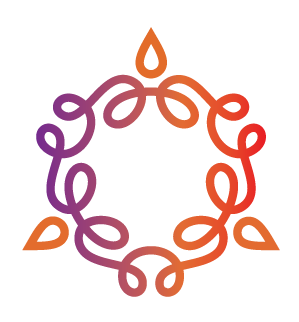
Supporting Emotional and Mental Health for 2SLGBTIQ+ persons
The session will explore how homo/bi/transphobia on a familial, societal, institution and systemic oppressions create shame, stigma and become internalized and affect sexual and gender minorities’ mental and emotional health.
learn more
The session will explore how homo/bi/transphobia on a familial, societal, institution and systemic oppressions create shame, stigma and become internalized and affect sexual and gender minorities’ mental and emotional health. The internalized experiences can create unhealthy coping strategies that further undermine well-being of individuals. Participants will learn about inclusive 2SLGBTIQ+ counselling practices as per APA guidelines and psychological supports that can assist sexual and gender minorities build resilience and self- empowerment via validation and affirmative strategies. The session includes interactive exercises, videos and case studies will provide participants with evidence-based learning, latest research and skills.
Objectives:
-
Use 2SLGBTIQ+ culturally specific analysis on cultural safety and humility
-
Build foundation to use a biopsychosocial framework and approach
-
Learn of the health disparities and intersectional identities
-
Self- reflection of values, attitudes, beliefs when counselling 2SLGBTIQ+ to provide culturally competent healthcare and social services

Access to inclusive services for 2SLGBTI Elders/Seniors
Two-Spirit, lesbian, gay, bisexual and intersex (2SLGBTI) seniors continue to remain an invisible aging population. This presentation will explore the practical and useful steps to engage in best practices culturally and clinically in homecare and palliative care by building foundational knowledge.
learn more
The workshop will provide a historical context on sexual and gender minorities. 2SLGBTI seniors grew up in an era when it was a criminal offense to be 2SLGBTI. Homosexuality was listed as a mental illness until 1973 in DSM III. For many senior 2SLGBTI the years of criminalization, imprisonment, harassment, disowned by families, lost jobs and evicted from their homes have contributed immensely to shame based trauma, assault and medical assessment of their sexual lives. This has created a huge burden on their mental, emotion, sexual, spiritual and physical health. The burden has affected their sense of identity and affects their well-being on an intersectional and multidimensional level. Many 2SLGBTI seniors experience multiple losses of friends, partners due to AIDS epidemic. HIV positive and transgender seniors have higher rates of health disparities and are at risk of experiencing greater stigma when seeking care and residing in Long Term care homes. .
Due to the repressive social conditions they grew up in many 2SLGBTI seniors do not feel safe accessing social and health care services. Including many are afraid to disclose their sexual orientation or gender identity. This has resulted in chronic health conditions for many 2SLGBTI persons as they enter the twilight of their years.
Long term care homes, senior’s residences, health care and social service providers are a crucial link to provide culturally sensitive and respectful services to aging 2SLGBTI seniors. This presentation will explore the practical and useful steps to engage in best practices culturally and clinically in homecare and palliative care by building foundational knowledge. We will examine scenarios and stimulate discussions on how to provide respectful care and inclusive services to 2SLGBTI elders/seniors.
Objectives:
- Examine the impact of criminalization, discrimination and stigma on LGBTI2Selders/seniors
- Learn appropriate and inclusive language when caring for LGBTI2S elders/seniors
- Participants will be able to demonstrate increased clinical and cultural competence in their practice with LGBTI2S persons

Building a 2SLGBTIQ+ Positive Space at your Organization
The workshop uses an anti-oppression/anti-racism and equity framework to examine the process of removing the barriers for sexual and gender minorities. This session is useful for staff from front-line, management to board of organization.
learn more
We will examine “What is a safer space and/or Positive Space?” How to engage 2SLGBTIQ+ in community consultation? At the workshop we will create next steps to remove the barriers and a toolkit to assist organization start the process. The workshop is recommended after attending Beginners: An Overview of 2SLGBTIQ+ Communities
Objectives:
- Applying the steps to integrate the key steps for your organization
- To enhance visibility and inclusion of 2SLGBTIQ+ employees, volunteers, service users
- Learn how to increase access to services for 2SLGBTQ+ communities
- Increase capacity to provide welcoming, friendly, professional, culturally competent services

Walk a mile in our moccasins
This experiential exercise physically, mentally, emotionally and spiritually walks participants through the history of Indigenous people on Turtle Island. The exercise is introduced to participants with an explanation that it is designed to present to them in a microcosm, the experience and history that Indigenous people live with every day.
learn more
Participants are invited to play specific roles in the community that is built and then asked to reflect upon how it feels to be in this community. Then the scene shifts and the colonizer enters bringing the destruction of culture and communities. At each step along the process, participants are asked to reflect upon how this feels, what their observations are. Next, we build the world we live in today, a world built upon lines and hierarchies. Participants are invited to build this world while retaining similar roles as they had in the last ‘world’. Once again, participants are asked to reflect upon how this world is different and how that feels to them holistically. Finally, participants are lead through the rebuilding of a world of hope and how it is important for Indigenous people to rebuild our world with culture at the centre, a world of inclusion where all are honoured for their gifts and where we all have a place of belonging.
please complete GHIS consultation and training request form.

